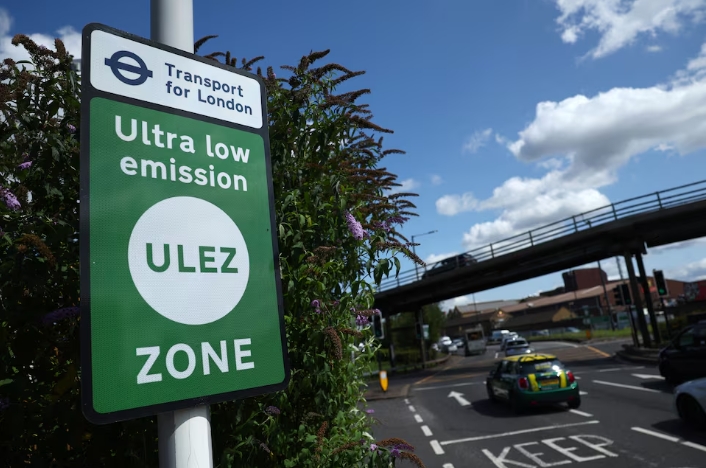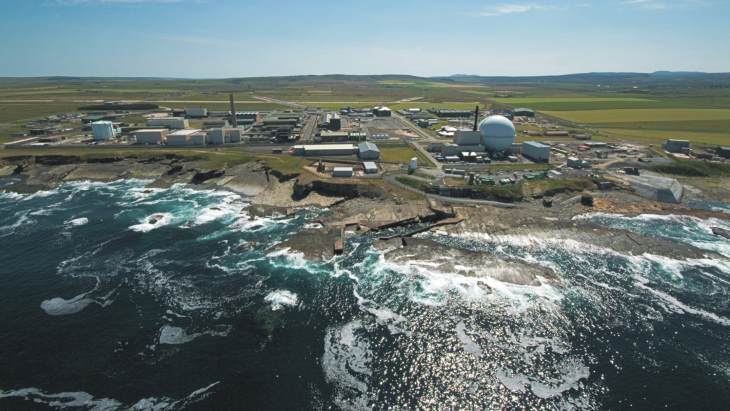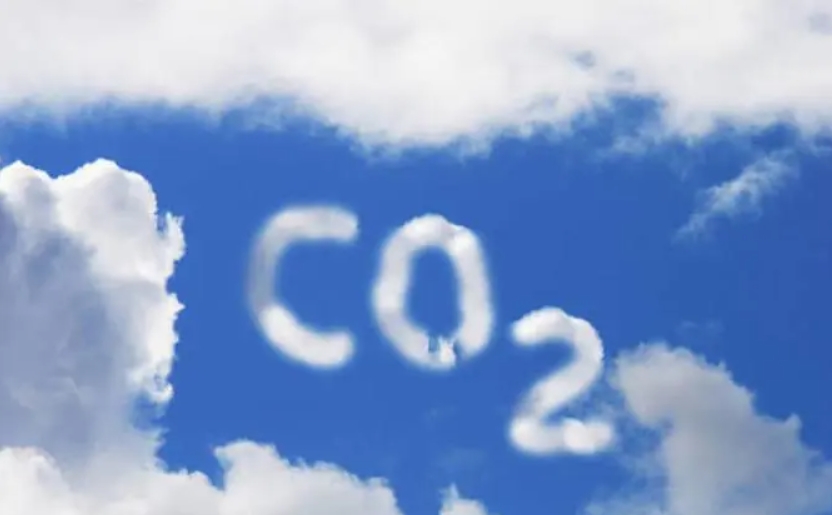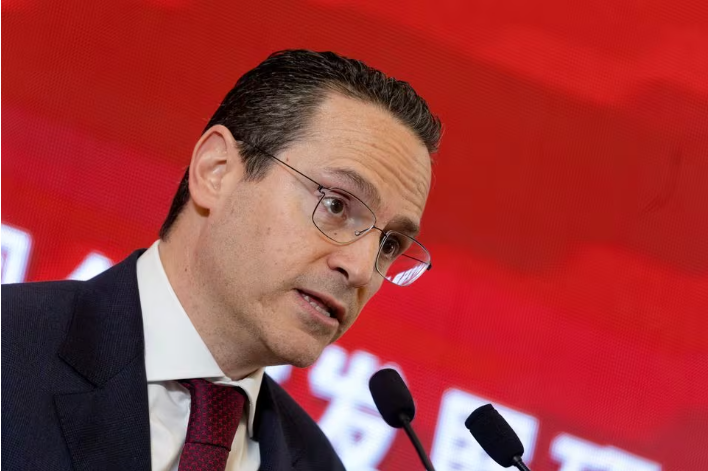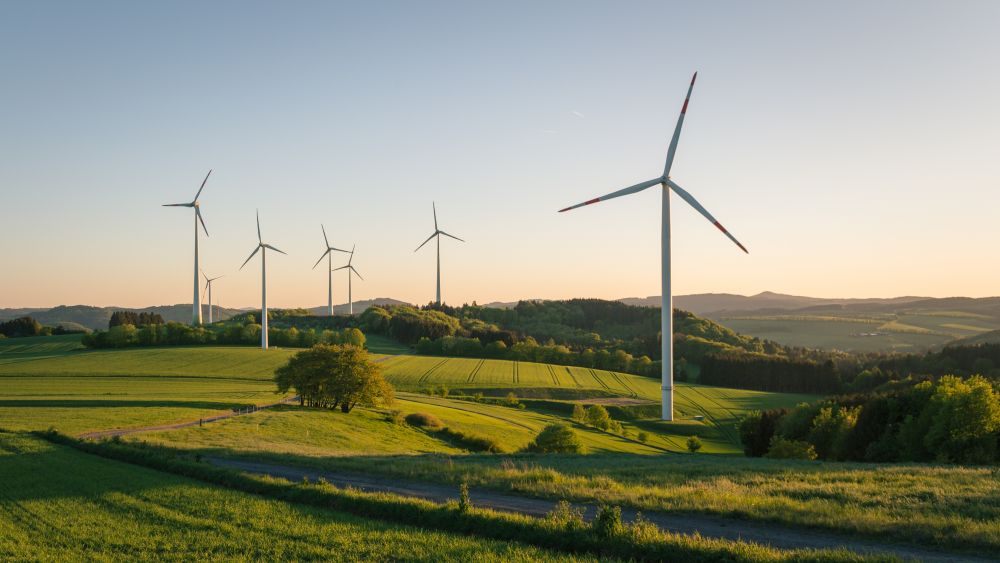
A new report by the Climate Change Committee (CCC) demonstrates the scale of the task in delivering the UK Government’s 2035 goal of achieving a decarbonised power system, with 25 new recommendations to improve the prospects of delivery.
The report contains fresh insights on the importance of developing a climate-resilient power system – and detailed modelling to illustrate the requirements of the 2035 power system.
The report finds that a reliable, resilient, decarbonised electricity system can be delivered by 2035.
This is needed to deliver emissions reductions in line with the path to Net Zero, while ensuring a reliable and resilient electricity supply and substantially reducing the UK’s dependence on imported fossil fuels.
Alongside Government’s Energy Security Strategy commitments to renewables and nuclear, the CCC says the UK needs new low-carbon back-up generation, with hydrogen-based power stations and some continued use of fossil gas, made low-carbon through use of carbon capture and storage.
To help smooth peaks in demand, the report finds that smart shifting consumer demand will help to absorb excess supply, especially through controlled timing of electric vehicle charging and use of heat pumps.
The CCC also urge for new storage solutions, beyond simply the use of batteries. Most critical is the use of surplus generation to produce hydrogen through electrolysis (‘green hydrogen’), providing long-term storage so it can later be used to generate electricity.
Lord Deben, Chairman of the Climate Change Committee, said: “For 15 years, the Climate Change Committee’s main recommendation has been to decarbonise British electricity. The offer of cheap, decarbonised electricity for every consumer and business is now within reach, thanks to pioneering efforts to develop renewables."
“Countries around the world are now racing for this goal. The UK is further ahead than most, but we risk losing our early lead at the worst possible time.”
The CCC says delivery and deployment of infrastructure must be achieved at a much greater pace than the present regulatory, planning and consenting regimes can achieve. It requires that barriers to swift deployment of critical infrastructure are removed, and policy gaps remedied. This will open the path to major new investment in renewable generation and infrastructure.
The network and storage infrastructure needed to support a decarbonised system will also be very significant, with build required for the transport and storage of electricity, hydrogen and CO2.


